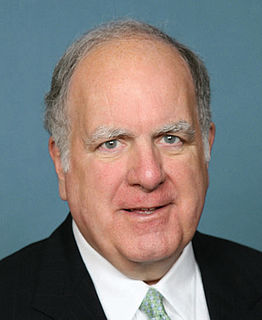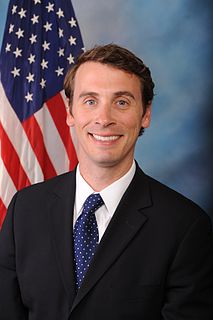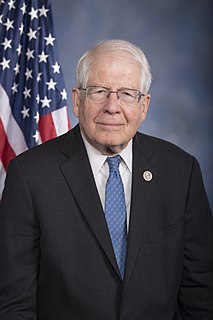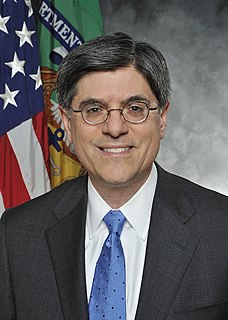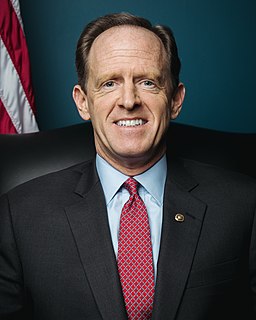A Quote by Craig L. Thomas
It is being alleged that the Federal Government is 'cutting' spending. In fact, we are not 'cutting' anything. Defense spending under this budget would rise by 4.3 percent over last year. Other discretionary spending would also rise.
Related Quotes
If the US Government was a family—they would be making $58,000 a year, spending $75,000 a year, & are $327,000 in credit card debt. They are currently proposing BIG spending cuts to reduce their spending to $72,000 a year. These are the actual proportions of the federal budget & debt, reduced to a level that we can understand.
After the $700 billion bailout, the trillion-dollar stimulus, and the massive budget bill with over 9,000 earmarks, many of you implored Washington to please stop spending money we don't have. But, instead of cutting, we saw an unprecedented explosion of government spending and debt, unlike anything we have seen in the history of our country.
After the $700 billion bailout, the trillion-dollar stimulus, and the massive budget bill with over 9,000 earmarks, many of you implored Washington to please stop spending money that we don't have. But instead of cutting, we saw an unprecedented explosion of government spending and debt. It was unlike anything we've ever seen before in the history of the country.
My approach to cutting spending as president, is to do a ten percent across the board cut of all federal agencies, and then ask each of my new agency heads to find another ten percent by drilling down. That's what you do in business to come up with approximately 20 percent cuts for the first fiscal year budget.
In the budget, the president will call for a five-year freeze on discretionary spending other than for national security. This will reduce the deficit by more than $400 billion over the next decade and bring this category of spending to the lowest share of our economy since Dwight Eisenhower was president.
Whether government finances its added spending by increasing taxes, by borrowing, or by inflating the currency, the added spending will be offset by reduced private spending. Furthermore, private spending is generally more efficient than the government spending that would replace it because people act more carefully when they spend their own money than when they spend other people's money.




